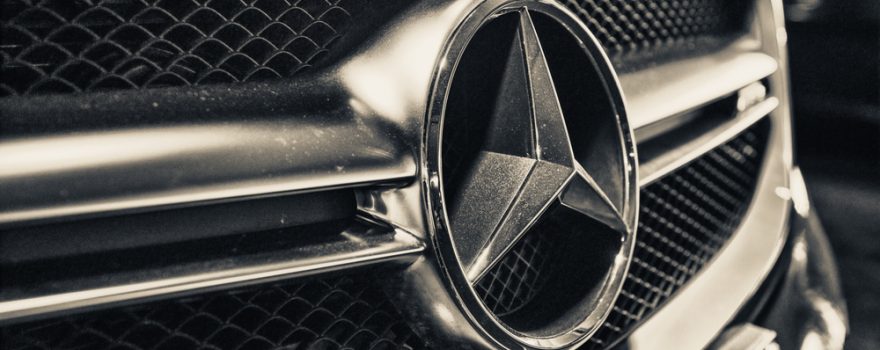
Mercedes-Benz has decided to veer away from its ambitious plan to exclusively sell electric vehicles (EVs) by 2030. The luxury automaker’s announcement on Thursday has sent ripples through the automotive industry, signaling a broader sense of caution towards an all-electric future amidst a recent slowdown in EV sales growth.
Optimism to Realism: A Reversal of Fortunes
Just three years ago, Mercedes-Benz stood as a beacon of optimism, pledging a future solely powered by plug-in powertrains and committing to abandoning traditional gasoline-powered cars altogether. However, the harsh reality has set in, with the company revising its projections in the recent fourth-quarter earnings report. The initial expectation of an exclusive EV lineup has been adjusted to a more pragmatic 50 percent of sales being all-electric, marking a significant departure from its earlier optimistic projections.
Market Realities and Customer Preferences
Mercedes-Benz acknowledges that the market landscape and customer preferences play a pivotal role in determining the pace of the industry’s transformation. The company aims to cater to diverse customer needs, offering options such as all-electric powertrains or electrified internal combustion engines well into the 2030s.
European Caution: A Regional Perspective
Even in Europe, where EV sales have been outpacing North America, Mercedes-Benz is exercising caution. CEO Ola Kallenius, in an interview with Reuters, stated that a complete shift to EV-only sales by 2030 is not anticipated, not just for the entire European market but also for the Mercedes brand itself. This statement echoes a growing sentiment among auto industry executives expressing reservations about the rapid adoption of EVs.
Industry-wide Caution: A Ripple Effect
Ola Kallenius’s remarks align with a broader trend in the automotive sector. Tesla CEO Elon Musk has already warned of a significant slowdown in sales growth for 2024. Similarly, EV-focused companies like Rivian and Lucid have communicated a plateau in production for the current year. Traditional giants like GM and Ford are also reevaluating their strategies, with postponed plant constructions and model cancellations.
Sales Realities: EVs and the Rise of Hybrids
While EV sales accounted for nearly 8 percent of total sales in the U.S. and 13 percent in Europe last year, there is a noticeable shift in consumer behavior. Buyers are becoming more discerning about prices and expressing concerns regarding charging times and reliability. In tandem, hybrid vehicle sales have experienced a significant surge as consumers seek a middle ground, hedging their bets while charging infrastructure continues to develop.
Mercedes-Benz’s decision marks a pivotal moment, reflecting a recalibration of expectations and strategies within the auto industry. The road to an all-electric future appears more nuanced, with companies navigating market realities and consumer demands in their journey towards sustainable mobility.
Source: The Verge

 Get in Touch
Get in Touch 


